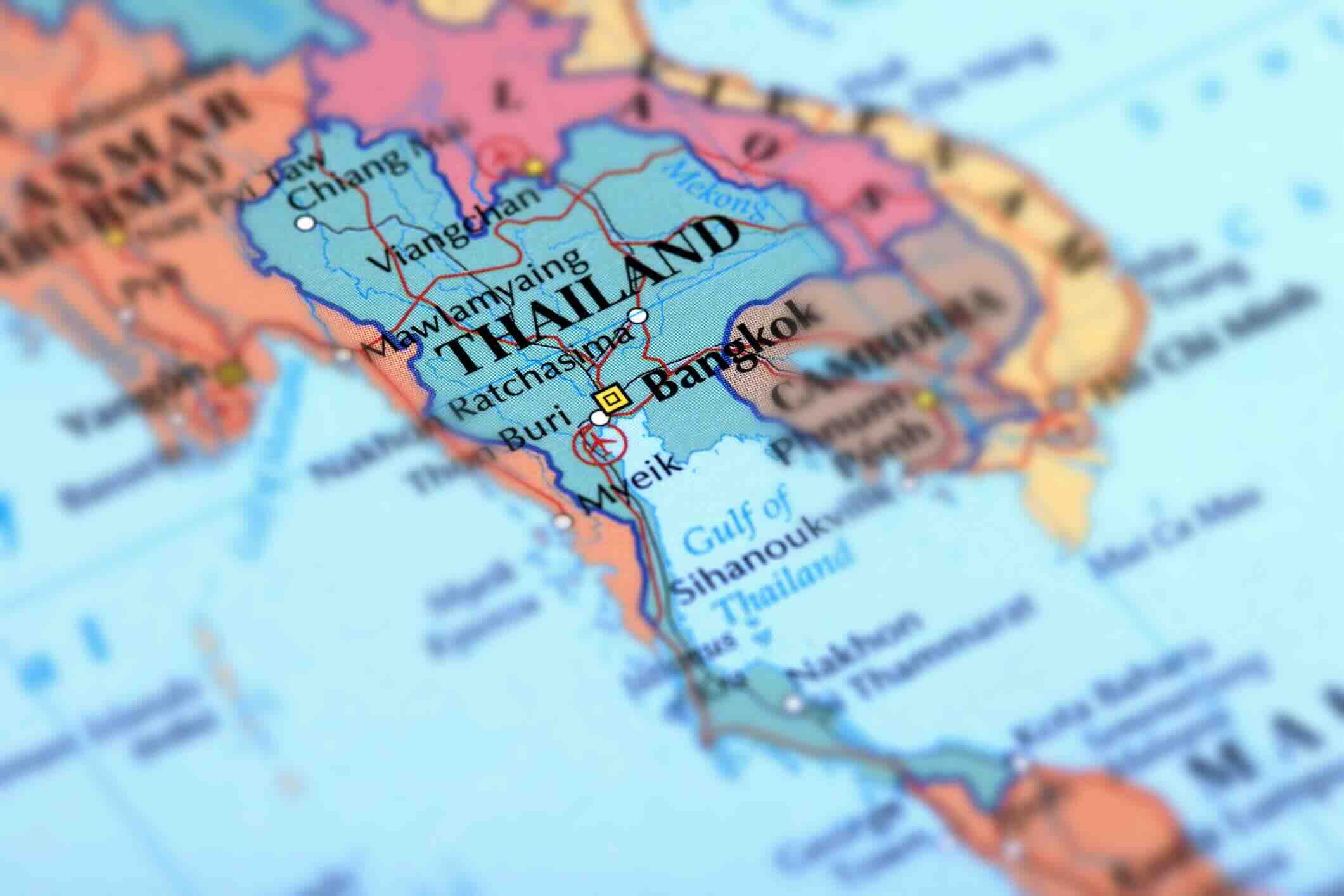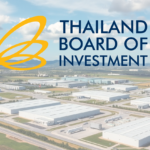Thailand is rapidly solidifying its position as a global manufacturing leader, making it an attractive destination for businesses interested in setting up a factory in Thailand. With its strategic location, strong infrastructure, and proactive government policies, the country offers significant opportunities for foreign companies. The Board of Investment (BoI)’s four-year blueprint and support for high-tech, green industries further strengthen Thailand’s appeal for industrial expansion.
In this post, we examine Thailand’s manufacturing outlook for 2024-2026 and explore the initiatives driving its transformation. We also highlight the vital role business consultants play in helping foreign companies navigate the legal, regulatory, and logistical challenges of setting up a factory in Thailand.
Thailand’s Manufacturing Outlook 2024-2026: Key Projections
According to Bank of Ayudhya’s “Thailand Industry Outlook 2024-2026,” the manufacturing sector will experience steady growth. Global economic growth is expected to reach 3.1% annually. Despite global challenges, several factors will support Thailand’s manufacturing expansion:
- Output Growth: Experts forecast Thailand’s manufacturing market to reach USD 560.4 billion in 2024. It will grow at a compound annual growth rate (CAGR) of 1.18% from 2024 to 2029. This demonstrates the sector’s resilience.
- Increased Employment: By 2024, the manufacturing sector will employ 4.57 million people, contributing to a 6.35% national employment rate. This underscores the sector’s significance to Thailand’s labor market, particularly in automotive, electronics, and textiles.
- Foreign Direct Investment (FDI): By August 2023, Thailand attracted 1,375 investment applications, a 33% increase from the previous year. Investors from China, Japan, and Singapore continue to show interest in sectors like electronics, renewable energy, and automotive.
- Technological Advancement: Investments in green technologies, electric vehicles (EVs), and digital transformation will boost growth. The BoI introduced incentives for electric trucks, buses, and battery production bases. This positions Thailand as a regional EV hub.
Key Drivers of Thailand’s Manufacturing Success
Government Support and Incentives
The BoI’s four-year strategic plan aims to reshape Thailand’s manufacturing landscape. Key priorities include:
- Green Transformation: Thailand encourages investments in low-carbon technologies and sustainable practices. This aligns with global standards like the EU’s Carbon Border Adjustment Mechanism (CBAM).
- Technology and Innovation: The government promotes research and development (R&D) and Industry 4.0 technologies. Companies adopt robotics, artificial intelligence (AI), and the Internet of Things (IoT) to improve productivity in high-tech sectors.
- Cluster-Based Investment: The Eastern Economic Corridor (EEC) attracts foreign investors by promoting industrial clusters. This approach drives competitiveness and innovation, especially in the automotive, electronics, and biopharmaceutical sectors.
Infrastructure Development
Thailand’s strong infrastructure plays a crucial role in its manufacturing success. It ranks second among Emerging Asia economies, according to the Manufacturing Index (EAMI) 2024. Notable strengths include:
- Extensive Transport Networks: Thailand offers over 180,000 kilometers of roads and a 4,000-kilometer rail system. Major ports like Laem Chabang and the Port of Bangkok ensure efficient trade and logistics.
- Energy Availability: Natural gas generates over 50% of Thailand’s electricity. Renewables are also growing, meeting the energy needs of manufacturers.
Skilled Workforce
Thailand’s skilled workforce remains a major asset. The country focuses on improving labor productivity through targeted talent development programs. Additionally, the Smart Visa program attracts foreign experts to support key industries. With the workforce expected to grow by 1.45% annually from 2024 to 2029, Thailand is building the human capital needed for modern industries.
Challenges Facing Thailand’s Manufacturing Sector
Despite its positive outlook, Thailand’s manufacturing sector faces challenges between 2024 and 2026:
- Global Economic Pressures: Ongoing US-China trade tensions, rising interest rates, and fragmented globalization could impact exports, especially to the EU and China.
- Environmental Regulations: The EU’s CBAM and other environmental laws will raise operational costs, particularly for energy-intensive industries like aluminum and steel. Thai manufacturers must adopt greener production methods to remain competitive.
- Labor Shortages: Thailand’s aging population and the declining availability of low-cost labor may hinder growth. Upskilling workers and adopting technology will be essential to overcome these challenges.
Why Choose Thailand for Your Factory Setup?
Thailand offers numerous advantages for foreign businesses establishing manufacturing operations:
- Government Incentives: The BoI provides tax breaks and simplifies investment processes, easing the setup of operations for foreign companies.
- Strategic Location: Thailand serves as a gateway to ASEAN, offering access to a large consumer market, efficient supply chains, and proximity to key markets like China, India, and Australia.
- Skilled Labor: Thailand’s workforce is large, adaptable, and experienced in fields like electronics, automotive manufacturing, and digital technologies.
- Sustainability Focus: Thailand’s commitment to green manufacturing aligns with global business trends. This makes it an ideal location for companies prioritizing sustainable operations.
Conclusion: Thailand’s Bright Industrial Future
Thailand’s manufacturing sector is poised for steady growth from 2024 to 2026, supported by government initiatives, green technologies, and a growing skilled workforce. While global economic challenges remain, the country’s focus on innovation, infrastructure, and sustainability makes it a top destination for foreign businesses looking to expand in Southeast Asia.
Ready to Set Up Your Factory in Thailand?
Let SparkUp Solutions help you make the process easy. Whether it’s zoning laws, BOI promotion, or environmental rules, our team will guide you every step of the way.
Contact us today to schedule a consultation and take the first step toward establishing your factory in Thailand





